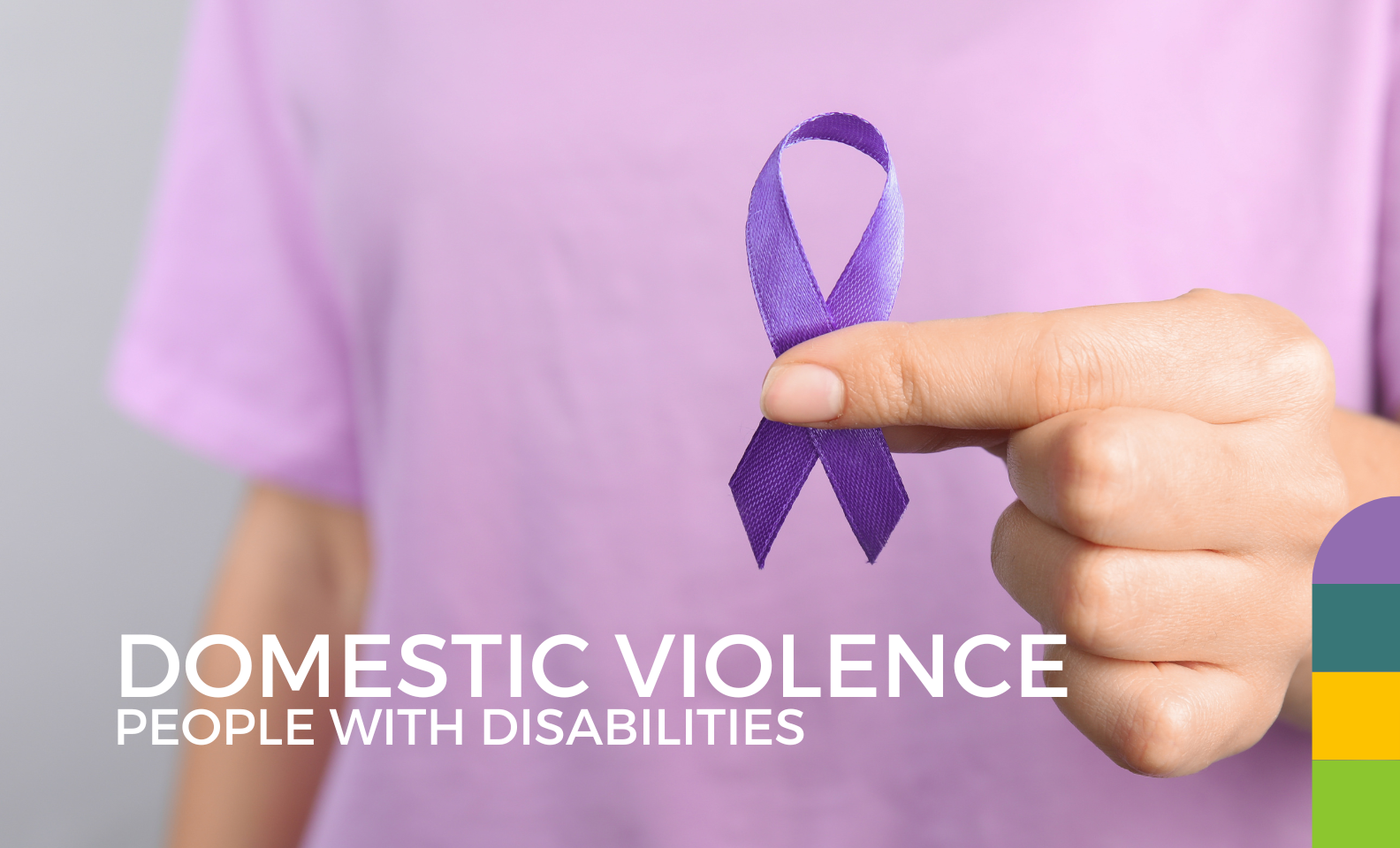Deepening Crisis: Domestic Violence and the Disproportionate Impact on Australians with Disabilities
The recent declaration by Prime Minister Anthony Albanese that domestic violence constitutes a national crisis underscores the grave situation across Australia. This year alone, the country has mourned the loss of 27 women to domestic violence, 13 more than this time last year – highlighting the pervasive and deadly reach of this issue.
The Heightened Vulnerability of Individuals with Disabilities
Among the various groups affected by domestic violence, individuals with disabilities represent a particularly vulnerable cohort. Disturbing statistics reveal that about 1 in 5 adults with disabilities have experienced physical and/or sexual violence from an intimate partner since the age of 15. The risk is even more pronounced among women with disabilities, who are about three times more likely to experience intimate partner violence than their male counterparts. Moreover, those with severe disabilities face sexual violence rates nearly three times higher than those without disabilities.
Unique Challenges Faced by Disabled Individuals
The forms of violence encountered by people with disabilities often go beyond what many might expect. These can include:
- Exploitative Abuse: Misuse of personal care needs as a form of control such as withholding medication or necessary aids.
- Restrictive Practices: The misuse of physical restraints or seclusion under the guise of ‘treatment’.
- Interference with Essential Equipment: Tampering with or damaging mobility aids and other necessary medical equipment.
These acts of violence are compounded by significant barriers such as communication difficulties, which can hinder the ability of victims to seek help. Additionally, the scarcity of specialized services that are equipped to handle the unique needs of disabled individuals means that many do not receive the support they require.
The Need for Targeted Action
As noted by Prime Minister Albanese, the national crisis of domestic violence calls for immediate and decisive action. For individuals with disabilities, who are disproportionately affected, it becomes imperative to tailor our responses to their specific circumstances. As professionals, advocates, and community members, we have a responsibility to amplify these issues and advocate for enhanced support systems and policies.
Advocacy and Support
Ensuring that the voices of individuals with disabilities are heard and their experiences acknowledged is crucial in the fight against domestic violence. We must push for:
- Enhanced Support Systems: Development of services that specifically address the physical, emotional, and logistical needs of disabled victims of domestic violence.
- Policy Reform: Advocacy for changes in legislation to recognize the unique forms of abuse faced by individuals with disabilities and to provide adequate protections.
- Community Engagement: Building awareness and understanding within communities about the specific challenges faced by disabled individuals in situations of domestic violence.
The declaration of domestic violence as a national crisis by the Prime Minister is a call to action for all Australians. It highlights the need for targeted strategies that consider the heightened risks and barriers faced by individuals with disabilities. By enhancing our support systems and reforming policies to address these unique challenges, we can begin to mitigate the impact of domestic violence on one of the most vulnerable segments of our population.


